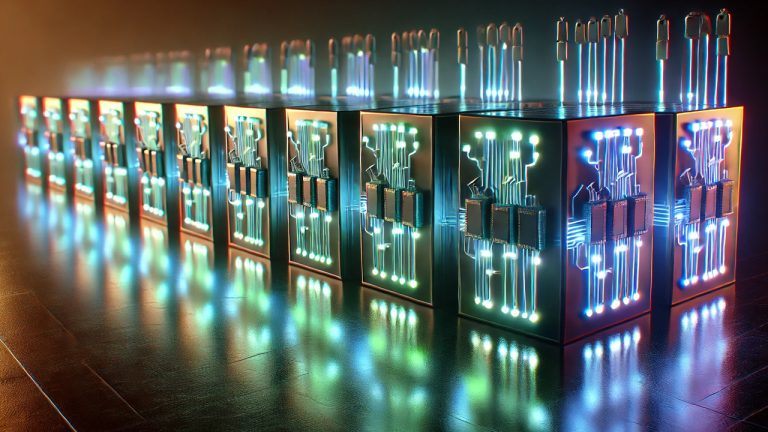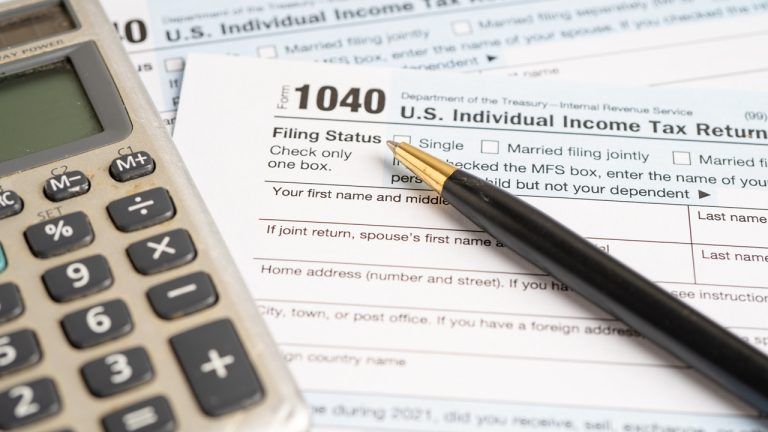
Bitcoin Frontier Fund launches accelerator program for Ordinals startups

The program will provide seed money, mentoring and support to approved applicants.
The Bitcoin Frontier Fund, formerly Stacks Ventures, launched what it’s calling the first Bitcoin Ordinals accelerator program on Aug. 14.
Program Information
This program is led by VC @TO & is a 4-month program for builders to raise funding, connect with mentors, & be guided by the best in the industry (sneak peak below).
It will help with co-founder relationships, mentors & advisors, fundraising & pitching. pic.twitter.com/MSykk2l7Dl
— Bitcoin Frontier Fund (@BTCFrontierFund) August 14, 2023
According to the program’s website, the Bitcoin Frontier Fund is offering seed money to startups innovating in the Ordinals space along with access to funding pipelines and mentorship:
“We offer $100k in investment and a badass program and community to take your startup to the next level, in exchange for 2-3% equity in common shares.”
Startups with no “substantial funding” will be required to sign over a 3% equity share in order to receive the funds and join the program. Those who’ve already secured funding in the amount of $600,000 or more within the previous six months will only need to sign over a 2% share.
While the exact requirements for acceptance into the program are unclear, the website lists several areas of interest, including infrastructure, proven Web3 use cases, developer tools and accessibility.
Related: Bitcoin Ordinals team launches nonprofit to grow protocol development
Ordinals are a relatively new development for blockchain and cryptocurrency. They were created by Bitcoin (BTC) developer Casey Rodarmor in January of 2023.
Essentially, Ordinals are just inscriptions made on individual units of a digital asset. They’re similar to a painter creating limited edition lithograph prints of a famous piece and then numbering them.
Typically, the lowest numbers would have more perceived value by collectors even though the prints are considered exactly the same. Adding to this collectibility is the fact that data can be “inscribed,” or stored, within a Bitcoin Ordinal, making it function a bit like a nonfungible token.
Bitcoin Ordinals are made up of satoshis, the smallest digital asset on the Bitcoin blockchain. They can be inscribed with up to four megabytes of data. This makes it possible to embed text and images in each Ordinal.
Despite having only existed since the end of January, 2023, Ordinals have had a major impact on the blockchain and cryptocurrency communities.
Among the tech’s supporters is Ethereum creator Vitalik Buterin, who recently said, “Ordinals have revived ‘builder culture’ on Bitcoin.” Many other members of the community, however, have expressed concerns over what’s being perceived as a civil war between those who believe Ordinals are harmful to the Bitcoin network and its spirit, and those who see it as an innovative evolution of existing technology.
Go to Source
Author: Tristan Greene









